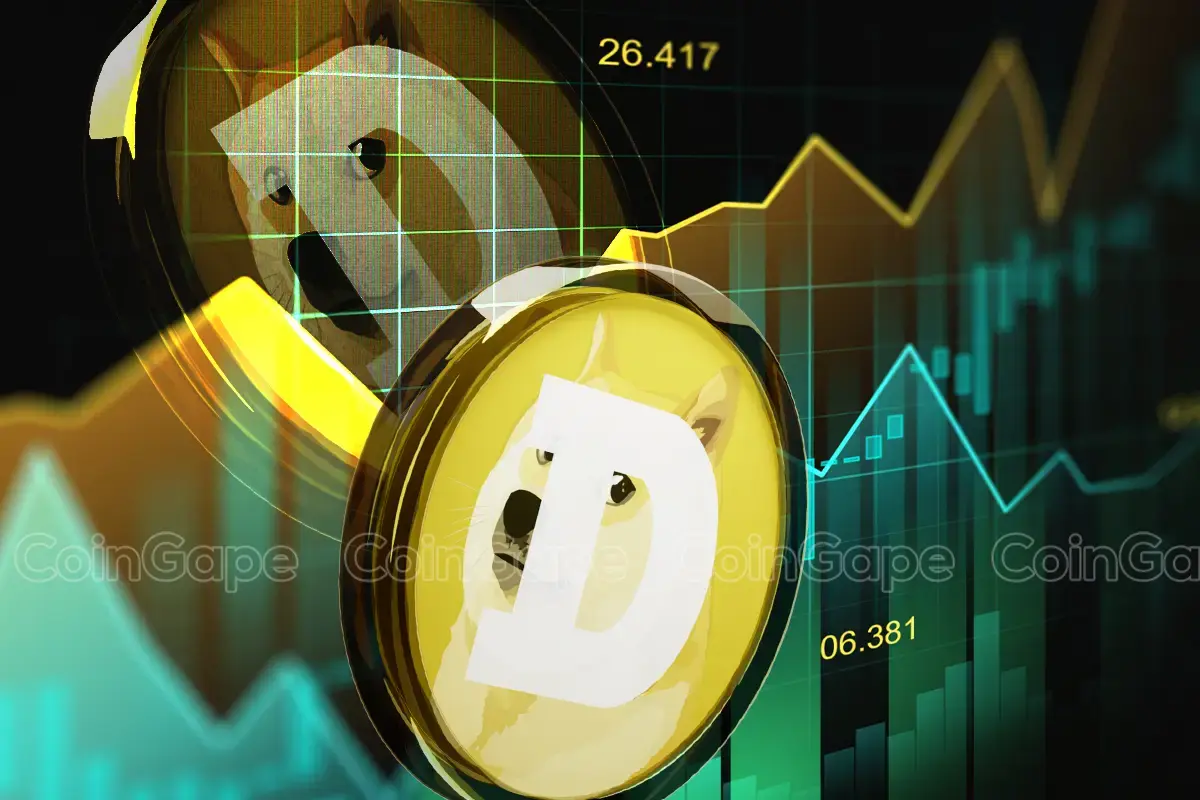DeFi Demands Regulatory Experience: And Traditional Finance is More Than Happy to Provide It!
The Intersection of DeFi and Traditional Finance
Decentralized Finance, or DeFi, has been making waves in the financial industry in recent years. With the promise of a more open, transparent, and accessible financial system, DeFi has attracted a growing number of users and investors. However, the lack of concrete regulations in the crypto industry has led to some unintended consequences.
One of the most interesting developments in the DeFi space is the increasing involvement of traditional financial institutions. As institutional investors show more interest in DeFi, traditional finance is looking to capitalize on this trend. This push into crypto is not solely driven by ideology, but by a desire to provide regulatory expertise and guidance in a rapidly evolving industry.
The Role of Regulations in DeFi
Regulations play a crucial role in the financial industry, ensuring that investors are protected and markets operate efficiently. However, in the world of DeFi, regulations have been slow to catch up. This has created both opportunities and challenges for the industry.
On one hand, the lack of regulations has allowed for innovation and experimentation in DeFi. Developers have been able to create new financial products and services without being hampered by burdensome regulations. This has led to a surge in creativity and growth in the DeFi space.
On the other hand, the absence of clear regulations has also led to concerns about investor protection and market integrity. Without proper oversight, there is a risk of fraud, manipulation, and other illegal activities taking place in DeFi. This has made institutional investors wary of entering the space, as they prefer to operate in a more regulated environment.
As a result, traditional financial institutions with years of experience navigating regulatory frameworks have seen an opportunity to step in and provide their expertise. By offering regulatory guidance and compliance solutions, they hope to attract institutional investors to DeFi and help legitimize the industry.
How DeFi’s Demand for Regulatory Experience Will Affect Me
As an individual investor in the crypto space, the increasing involvement of traditional finance in DeFi could have both positive and negative effects on me. On one hand, the entry of traditional financial institutions could bring more stability and credibility to the industry, making it a more attractive investment option. On the other hand, it could also lead to more regulations and restrictions that limit the flexibility and innovation that DeFi is known for.
How DeFi’s Demand for Regulatory Experience Will Affect the World
The intersection of DeFi and traditional finance could have far-reaching implications for the global financial system. As DeFi continues to grow in popularity, traditional financial institutions will be forced to adapt to the changing landscape. This could lead to greater collaboration between DeFi and traditional finance, as well as increased competition and innovation in the industry.
Conclusion
In conclusion, the demand for regulatory experience in DeFi is a sign of the industry’s maturation and evolution. While traditional financial institutions may bring a wealth of experience and expertise to the table, it is important for the industry to strike a balance between innovation and regulation. By finding a middle ground, DeFi can continue to grow and thrive, attracting a wider range of investors and users in the process.





